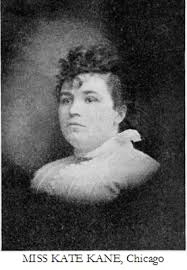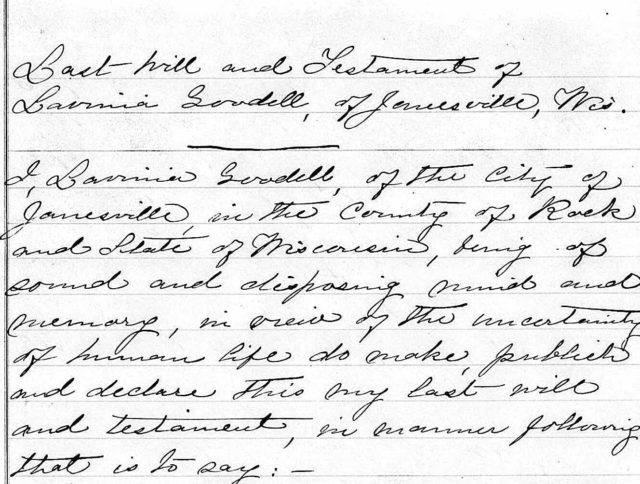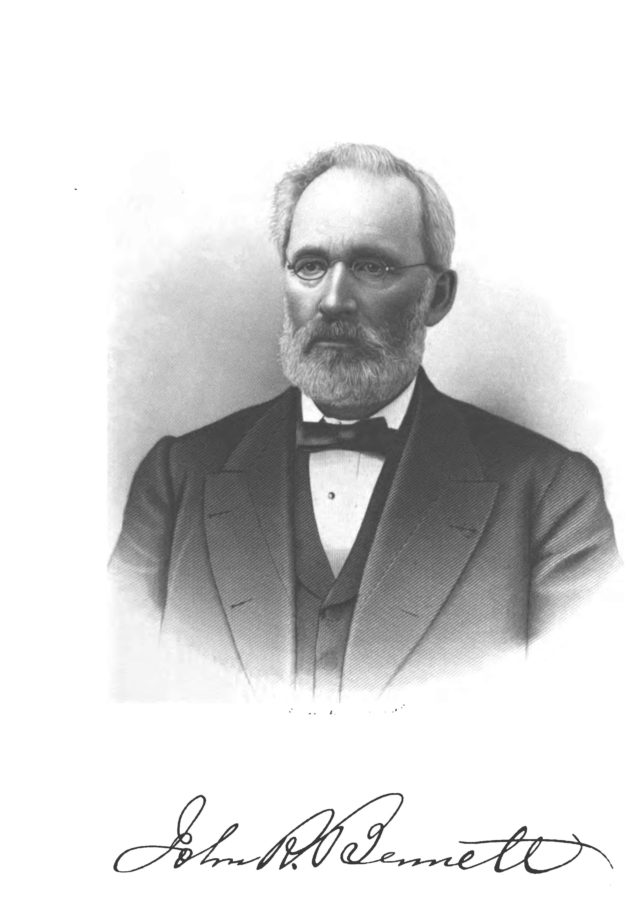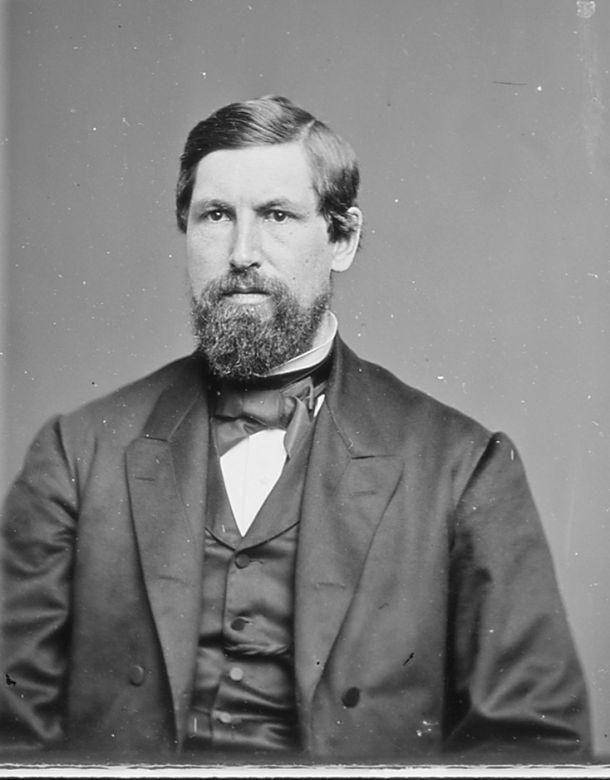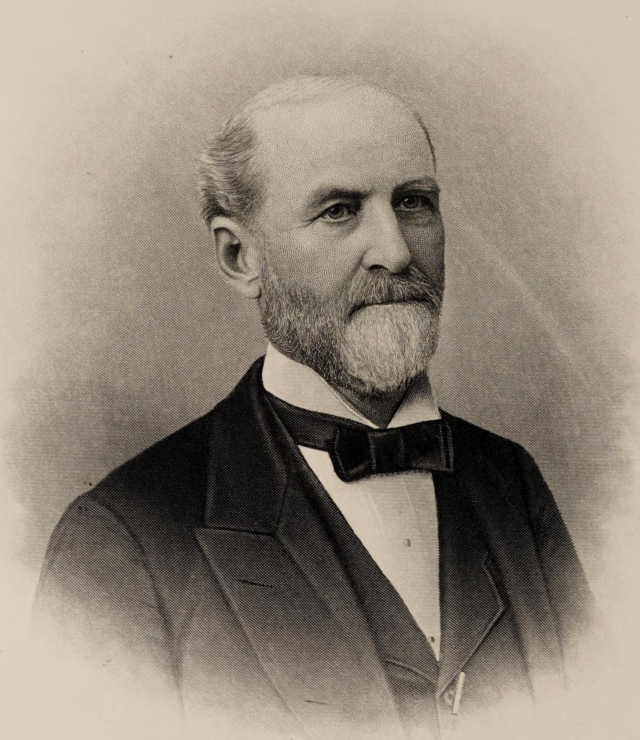“The most approved means of accomplishing result [is] the use of electricity.”
A.P. Peck, M.D. to Lavinia Goodell, June 7, 1877
In the spring of 1877, Lavinia Goodell could no longer ignore her growing ovarian tumor, and she sought medical advice from a variety of sources. She corresponded with a physician in Chicago. She considered travelling to Michigan, where her sister was living, to consult with a mysterious German woman who claimed to have healing powers. And she had a rather extensive correspondence with Racine physician A.P. Peck, who treated tumors through the use of electricity.


